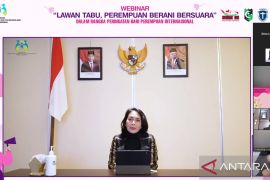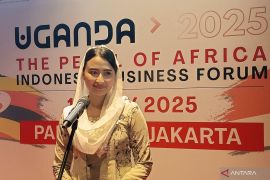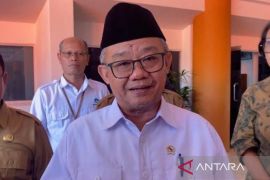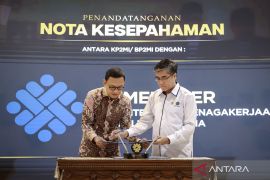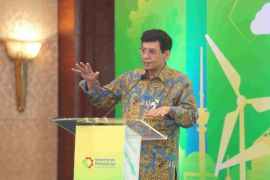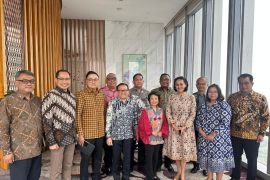Commenting on the issue by phone here on Saturday, Henry said the two media that Dipo Alam had mentioned had indeed violated media ethics and the broadcasting law many times.
Dipo Alam recently called for a boycott of ads and information access to certain media because they had smeared the government.
He had refused to apologize for his controversial statement and because of that Media Group had reported him to the police after he failed to respond to the legal rebuke the group had served on him.
Subiyakto said the two media had once been reprimanded by the Indonesia Broadcasting Commission (KPI).
He said objectivity or impartiality in reporting current issues on television was indeed a must in view of laws.
"That is one of the provisions in the broadcasting law or the Broadcasting Attidude Manual and the Broadcasting Standard Program
(P3 SPS) issued by the KPI. The two tv stations have often violated them. Therefore it is logical if Dipo then expressed complaint about the two stations," he said.
He said as part of the government he had become a victim of impartiality.
"But the case becomes controversial because the one that speaks is a ministerial level official. But he is a victim and his statement does not affect press freedom," he said.
Subiyakto said media must not be seen as a democracy power as power also tends to corrupt unless it is controlled moreover if the media outlet is owned by a business tycoon as well as a politician that has certainly a political agenda.
He said there were a lot of proofs that showed that tv news had been used as political tools by their owners so that impartiality is ignored.
"The fact is that tv stations use public domain namely their frequency. The owner of the frequency is the public which has various political aspirations, religions or political parties," he said.
So they may not use the frequency upon their own will and they must also be impartial, he said.
"Now let us see if the media that Dipo Alam has mentioned has been impartial or not," he said.
Regarding Dipo`s call for a boycott Subiyakto said that the call was common in a democracy. "So do not exaggerate it as if it reflects arrogance or threatens press freedom," he said.
He said what needs to be monitored is whether the two television stations had adhered to the P3 SPS issued by the KPI and the broadcasting law.
"Do not blame Dipo or the government that have indeed often been treated unfairly in television news programs," he said.
Regarding print media he said that they are indeed relatively more free because they do not use frequency.
"Their potential violations are mere ethical issues. But for television media the regulations in many countries are very tight. In Britain in 1999 a tv station had even been closed by that country`s "KPI" because it was considered violating the principles of impartiality," he said.
At the time the tv media in reporting the case of Abdullah Ochalan of Turjey was one-sided and therefore had been reprimanded by the British "KPI"(now OFCOM) for as many as three times.
"As it continued violating the regulations the Satelit tv station was then closed for three months and could broadcast again only after signing a pledge to respect neutrality. So while even Britain respects neutrality as a must how about Indonesia," he said.
Subiyakto said in reality there was indeed a problem with regard to neutrality with the country`s tv news broadcasting which needs to be paid attention.(*)
Editor: Ruslan Burhani
Copyright © ANTARA 2011
